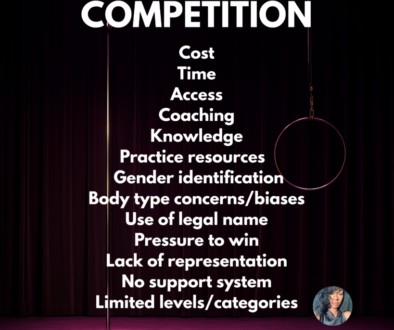Challenging a Non-Compete Agreement: 7 Effective Approaches
Getting out of a non-compete agreement can be challenging, but there are several approaches you might consider:
- Review the Agreement Thoroughly: Check for any clauses or conditions that might render the agreement unenforceable. For example, if the agreement is too broad or restrictive in terms of geography or duration, it might be contested.
- Consult an Attorney: An attorney specializing in employment law can provide guidance tailored to your specific situation. They can help interpret the agreement and advise on the best course of action.
- Negotiate with Your Employer: Sometimes, a direct negotiation with your employer can lead to a resolution. They might be willing to release you from the agreement or renegotiate its terms.
- Check State Laws: Non-compete enforceability varies by state. Some states have stricter rules or limitations on non-compete agreements. Understanding the local laws can help you determine if the agreement might be challenged.
- Document Your Case: If you believe the agreement is unfair or not being upheld correctly, document any evidence that supports your position. This might include how the agreement impacts your ability to work or the specifics of how it was enforced.
- Wait for Expiration: If the non-compete agreement is for a set term, sometimes waiting until it expires might be the simplest solution.
- Prove Breach of Contract: If your employer has not honored their part of the agreement (such as failing to provide agreed-upon compensation), this might be a way to argue that the contract is void.
It’s important to handle this situation carefully to avoid potential legal repercussions. Consulting with a legal professional will provide you with the best advice for your particular circumstances.
*Disclaimer: The information provided in this blog post is for general informational purposes only and is not intended to be legal advice. You should not rely on it as such. Every situation is unique, and laws vary by jurisdiction. Always consult with a qualified attorney for advice regarding your specific legal situation.




